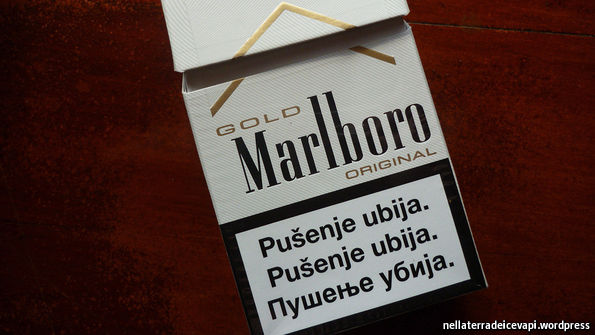Since my feed is discussing this again, a short thread on why Serbian, Croatian, Bosnian, and Montenegrin are both the same and not the same language:
1. In the most basic sense, they are EXTREMELY CLOSE to one another. The most common joke exemplifying this is this packet of cigarettes. Three languages, exactly the same words, two scripts. But! We must remember that...
2. Language, to a certain extent, is a sociocultural construct. Not for nothing is the definition of language (esp. vs. dialect) is one of the main unsolved issues of linguistics. It is especially complicated in the South Slavic case, because...
3. The South Slavic dialects form a linguistic continuum! This means that if you take a car and drive from Bulgaria to Serbia, the language will slowly become less like Standard Bulgarian and more like Standard Serbian. Bulgarian: 0 cases. Serbian: 7 cases
Some dialects: 2? 3?
Some dialects: 2? 3?
4. The definition of a language versus its many dialects is based on processes of standardization, which are very historically contingent. Many dialects spoken in Croatia could have just as well become part of the "Slovene" umbrella instead. This also means, for example,
5. That the dialect of Zagreb is, in many ways, rather distinct from the Standard Croatian language. This is true for Italian and its dialect, German, Spanish, etc. There are specific historical reasons, including imperial borders, that created these national constellations.
6. But there is more! In Yugoslavia, much of the entertainment was shared. Music, for example, could come from Split or Belgrade, and your TV broadcasted from across the region. Sometimes, you would have read Macedonian lit in the original without any prior linguistic preparation
7. This has made speakers more adept at understanding the various variants in a way younger speakers are less prone to do, especially if they are raised in the diaspora. This means that understanding another variant of BCMS, or another language, is difficult for esp. for learners
8. This is not unlike Slovak and Czech. Slovaks have always understood Czech better than vice versa due to systematic preference given to Czech culture and linguistic products compared to Slovak, but it got really worse after Czechoslovakia split. Esp. for Czechs consuming Slovak
9. Thus the split of the Serbo-Croatian language into 4 languages is the culmination of a sociocultural historical process, which somewhat affected the linguistic features of each resultant language. But their mutual intelligibility is contingent and not a fact. Ask the Slovenes!

 Read on Twitter
Read on Twitter


